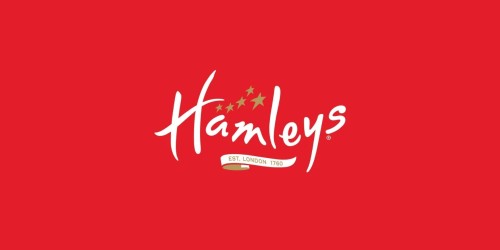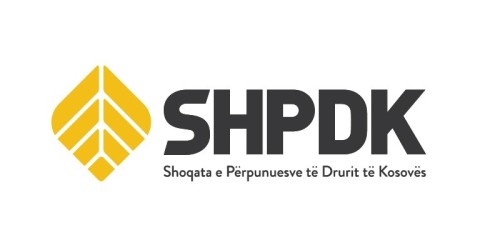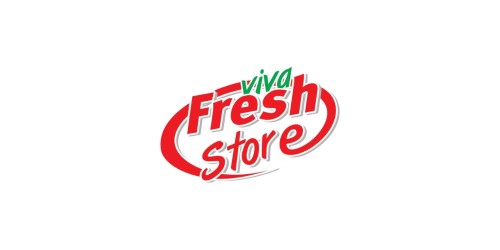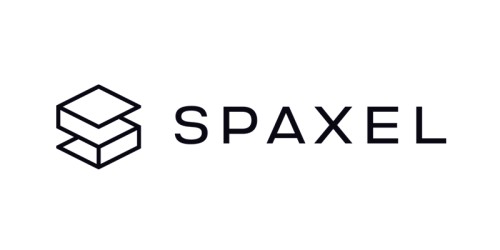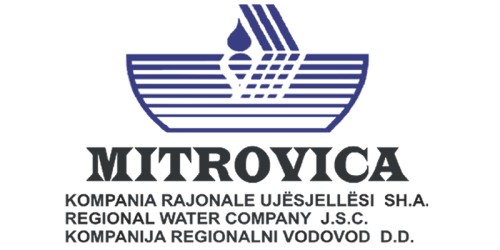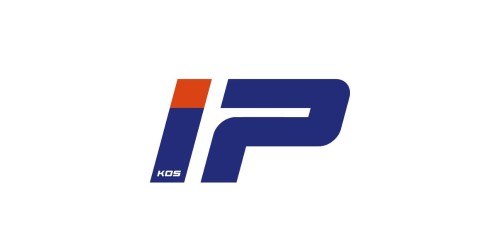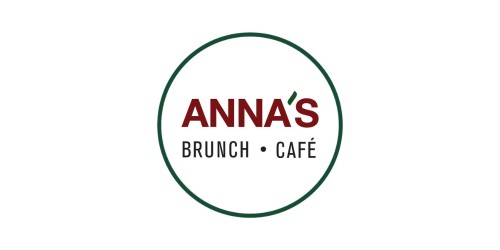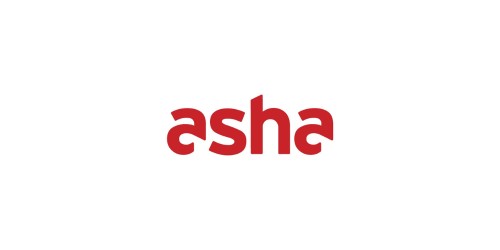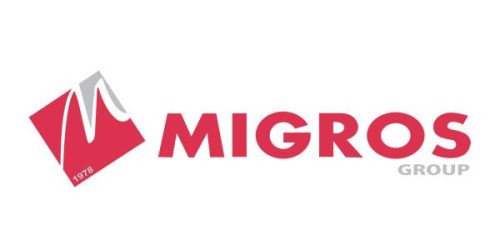-thumbnail.jpg)
TERMS OF REFERENCE
International and Local Consultant for a Feasibility Study on Agriculture Climate Change
- General information
| Job title: | International and local consultant for a feasibility study on Agriculture Climate Change |
| The project: | Improving the employment and income generation opportunities in rural areas in Kosovo |
| Donor contract no: | E-KOS-2022-0305 |
| Donor: | Bread for the World (BftW) |
| Project Country: | Kosovo |
- About Initiative for Agricultural Development of Kosovo (IADK)
Initiative for Agricultural Development of Kosovo (IADK) is a non-profit, non-governmental organization that was established officially in 2005 in Kosovo. IADK’s mission is to promote the socio-economic development of rural areas, reduce unemployment and create income-generating opportunities to contribute to reducing migration to urban areas and to support farmers and agricultural activities. Taking into account gender equality, the involvement of minorities and increasing awareness of environmental protection in Kosovo are also important concerns of IADK’s mission. To fulfil its mission and vision IADK implements strategies to support its target groups improving the quality and quantity of agricultural production, increasing the knowledge and competitiveness of farmers and strengthening their role, and empowering rural women, agriculture students and youth, including returnees and ethnic minorities. IADK cooperates closely with farmers in Kosovo and their associations, public and private agricultural advisory specialists, other non-governmental organizations, municipalities and government authorities such as Ministry of Agriculture. IADK is currently composed of a team of 20 professional staff which is covering different agricultural areas (but not limited to).
IADK is mainly funded by different international donors through funding projects in fulfilment of the IADK mission. Since the start, IADK has implemented over 150 financing contracts, mainly financed by the European Union (EU), Bread for the World (BftW), Swiss Agency for Development and Cooperation (SDC), GIZ, DRC, CFD and MAFRD.
- Project Context and Background
| Field of activity: | Agriculture and economic development |
| Project duration: | 01.01.2023 to 31.12.2025 |
| Project area: | The Republic of Kosovo, municipalities: South Mitrovica, Vushtrri, Skenderaj, Podujeva, Drenas and Suhareaka |
| Implementing partners: | N/a |
| Target groups: | Women, youth, minorities and farmers |
| Funded by: | Bread for the World – Protestant Development Service and local municipalities |
Kosovo has a population of roughly 1.78 million people, with the Albanian group accounting for the vast majority (almost 92%), followed by the Serbian and other populations. A small state has various growth problems, including a small internal market, a restricted production base, limited diversification options, and sensitivity to an economic shock.
The majority of Kosovo's population (60%) lives in rural areas, where practically all of them rely on agricultural activity. 54% of the total area of the country is dedicated to agriculture. According to the data, 22% of all jobs created are in agriculture, the contribution of the agriculture sector to the GDP is only 7.4% (2021), and Kosovo’s trade balance shows an extraordinary deficit, where the imports correspond to around 10% of exports which equal approximate 1 billion euro.
Agriculture, despite its relatively considerable GDP contribution, is beset by structural difficulties that result in low worker efficiency and high production costs, therefore, agricultural development is moving at a slower rate. According to the Kosovo Agriculture Census, there are 362,700 persons working in agriculture, and the total amount of agricultural land is 420,210 hectares, according to MAFRD's Green Report 2021.
- The objective of the Consultancy
The feasibility study's main goal is to assess the existing situation of climate change in agriculture and to produce viable interventions - models that can be implemented into the project implementation phase. Consequently, the IADK plans to recruit experienced consultants with considerable knowledge of agricultural climate change.
The specific objectives of the consultant are the following:
- Conduct a feasibility study to identify climate change needs/gaps in agriculture and assess capabilities;
- Submit at least four (4) proposals – interventions (models) for the currently implemented sectors in farm level, interventions that would result in higher production quality and quantity as reaction to climate change, which IADK may implement as per project/s;
- Develop technical recommendations - interventions for target groups - small farmers on how to adopt and use suitable climate change measures;
- Identify and analyse the positive and negative aspects impacting the adoption and implementation of proposed measures – interventions;
- Assist the IADK team in establishing an intervention plan that will allow the team to test and apply the best models for the application of best agricultural practises that will adapt to current and future climate change impacts.
The above-mentioned objectives are expected to be achieved through the following activities (but not limited):
- Reviewing existing reports prepared for climate change in agriculture;
- Participate in a series of consultation conversations with key stakeholders (NGOs, enterprises, donors, experts, and institutions) involved in agriculture and climate change through field visits;
- Conduct meetings with the IADK team and experts, and eventually, at the end of the mission, organise a workshop with the team to discuss findings, outcomes, and suggested interventions for greater quantity and quality as climate change responses.
- Work plan/Time frame
The feasibility study is anticipated to take 10 working days, including preparation, field work and reporting. The feasibility study is expected to commence in 10th of October 2023 and be finished in 27th of October 2023. The report (with results and recommendations for interventions) is due by 31st of October 2023. The dates are provisional and subject to change based on discussions and agreements with the consultant/s.
A tentative work plan is suggested:
| Date | Activities | Day(s) |
| Tbd | Work on preparation and journey to Kosovo | 1 |
| Tbd | Meetings with the project team, as well as visits and interviews with key stakeholders involved in the agriculture-climate change relationship | 5 |
| Tbd | Meeting with the project team to gain an overview of what has been done so far in the country's response to climate change. | 1 |
| Tbd | Debriefing with the project team to analyze findings, outcomes, and implementation activities | 0.5 |
| Tbd | Produce a feasibility study report that contains results and recommendations. | 2 |
| Tbd | Travel back | 0.5 |
| Total | 10 | |
The allocation of time during fact-finding and suggestion may be altered within the overall framework of total agreed-upon days, depending on the feasibility study plan presented by the consultant.
- Expected outputs of the consultancy
The feasibility study - an analyse of climate change in agriculture for small farmers and possible interventions - is the major deliverable expected from the consultant/s. The following outputs/outcomes are anticipated of the consultant/s:
- A complete feasibility study report with findings, outcomes, and at least four (4) interventions; the report should include (but is not limited to):
- the proposed intervention for best agriculture practices that respond to climate change in the context of Kosovo;
- ensure that all recommended interventions are well-planned and firmly developed;
- outline the intervention plan, including possible cost categories, also define a realistic schedule for the suggested set of interventions – activities;
- Identify any barriers and problems that may affect the long-term viability of introduced measures for climate change respond.
- Qualifications of the Consultant
The consultation team will include an international consultant – specialist who will be a team leader in the study and supported from a local consultant who should have an agriculture expertise. The IADK is seeking an international consultant (team leader) with the following skills and qualifications:
- The consultant has relevant competent professionals comprising degree in agriculture, rural development, or any other relevant university degree related to climate change;
- At least three (3) years of experience in agriculture concerns, in climate change (at least three years);
- The consultant must have performed at least two identical jobs – assignments (in nature and magnitude);
- Extensive knowledge in rural development, agriculture sector development, and working with farmers is necessary.
- Strong analytical capabilities; great communication, negotiating, and writing abilities;
- Outstanding communication abilities in English.
The local consultant must have:
- Master degree in agriculture;
- At least three (3) years of professional experience in the field of agriculture and/or economic development;
- Good communication in local languages and English language.
- Application Process
Interested candidates/companies are asked to send an electronic copy of their expression of interest/proposal to [email protected] by 21st of July 2023, at 16:00 (GMT+1) in local time in Kosovo with the subject:
“Feasibility Study on Agriculture Climate Change”
Economic operators can obtain the tender dossier in writing through e-mail by contacting the contracting authority at [email protected] no later than 17thof July 2023. The deadline for explanations 19th July 2023 can be received by emailing [email protected].
The following documents must be submitted by the applicant(s):
- Professional profile (CVs, or CVs of the team if applying as a company), highlighting all experience in the subject of the feasibility study, especially in agriculture/climate change, contact information (email and phone number):
- Three reference letters for particular work completed, one of which must deal with climate change challenges in agriculture;
- Technical/specific guidance, providing a concise description and rationale of the methods to be followed;
- Financial proposal;
- TOR document (stamped and/or signed)
Bidders must offer a unit price and signatures and stamps in the appropriate places. The price should be stated in gross, in accordance with the current Kosovo regulations.
- Selection criteria
The offer will be evaluated by using the best value for money approach (combined scoring method). Technical proposal will be evaluated on 70%, whereas the financial one will be evaluated on 30%.
Technical evaluation of bids: the evaluation committee will evaluate the bids based on their responsiveness to the Terms of Reference. Each responsive bid will receive a technical score. The bid will be rejected if it does not meet the important aspects of the Terms of Reference or if it fails to reach the minimum technical note. Only tenderers with an average score of at least 60 points, qualify for the financial evaluation. The technical score will be calculated as follows:
Technical score = final score of the technical offer in question / final score of the best technical offer) x 100.
Below is the breakdown of the technical proposal on 100% which will be brought to 70%.
| Technical Criteria | Maximum Points |
| Postgraduate degree (M.S) in agricultural sciences, international development, with a special academic or professional experience in climate change in agriculture or other closely connected topics | 15 |
| Three (3) years' experience in agriculture/climate change in agriculture | 45 |
| Technical/specific proposal that includes a brief description and justification of the methodology to be used; | 20 |
| Excellent communication skills in the English language | 10 |
| Strong analytical skills | 10 |
| TOTAL | 100 |
If the technical proposal achieves the minimum of 60 points, the competitiveness of the financial proposal will be taken into account in the following manner:
Financial score = lowest financial bid/bid being considered x 100 (The lowest financial bid will have a financial score of 100 points). Tenders will be ranked according to their combined technical and financial scores using the following formula:
Final score = (technical score x [70]%) + (financial score x [30]%)
The bid that achieves the highest combined score will be the selected bid and the service provider (consultants) will be invited to execute the contract.
- Additional Information
- International travelling from EU countries is covered by IADK and paid directly to the consultant as per the invoice presented. While the transport within Kosovo will be covered by IADK (with its car). IADK will take over the accommodation, the consultant can either choose to stay at IADK premises or can be accommodated at the hotel;
- The payment for consultancy days will be made through bank transfer after the final report is delivered and approved by IADK. IADK will cover the expenditures for bank transactions;
- IADK will not cover the expenses for insurance and any other expenses e.g. per diems;
- IADK will respect the legislation in place, therefore as per laws in force for every service engagement for the companies/individuals who are resident and non-resident, tax will be counted.
| Signature of CA representative | Signature of Consultant |
Signature: Date: Stamp: | Signature: Date: Stamp (if applicable): |

